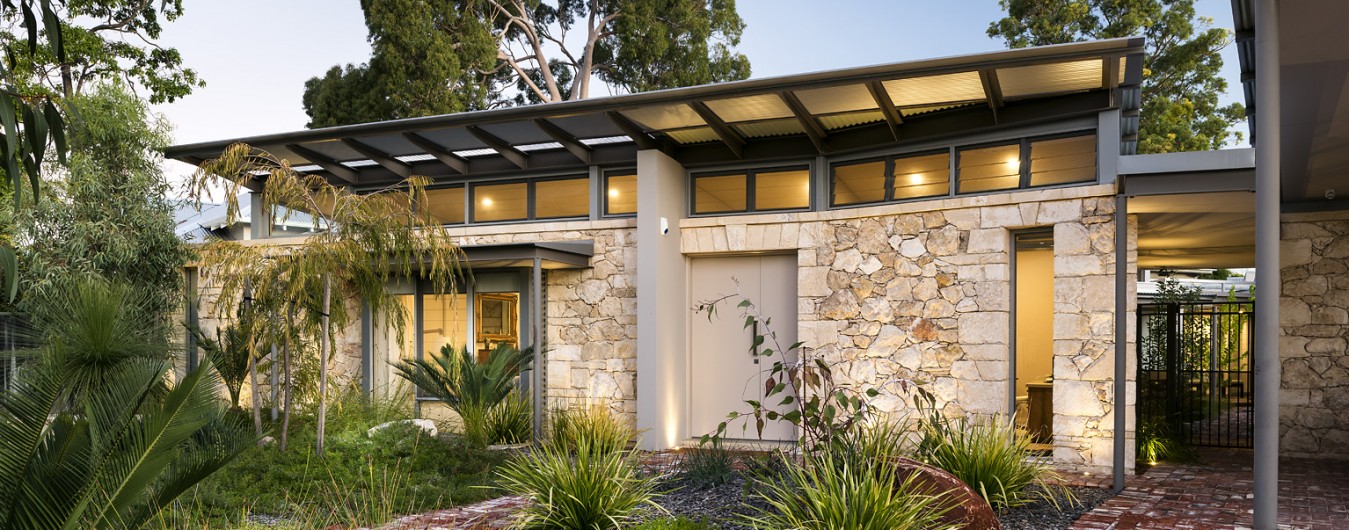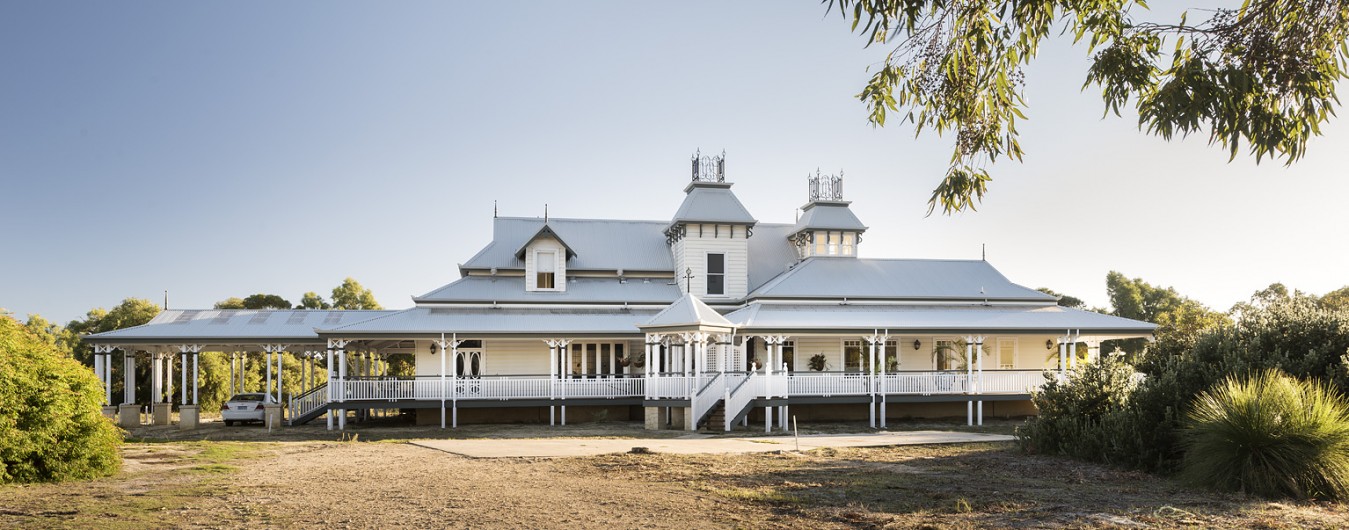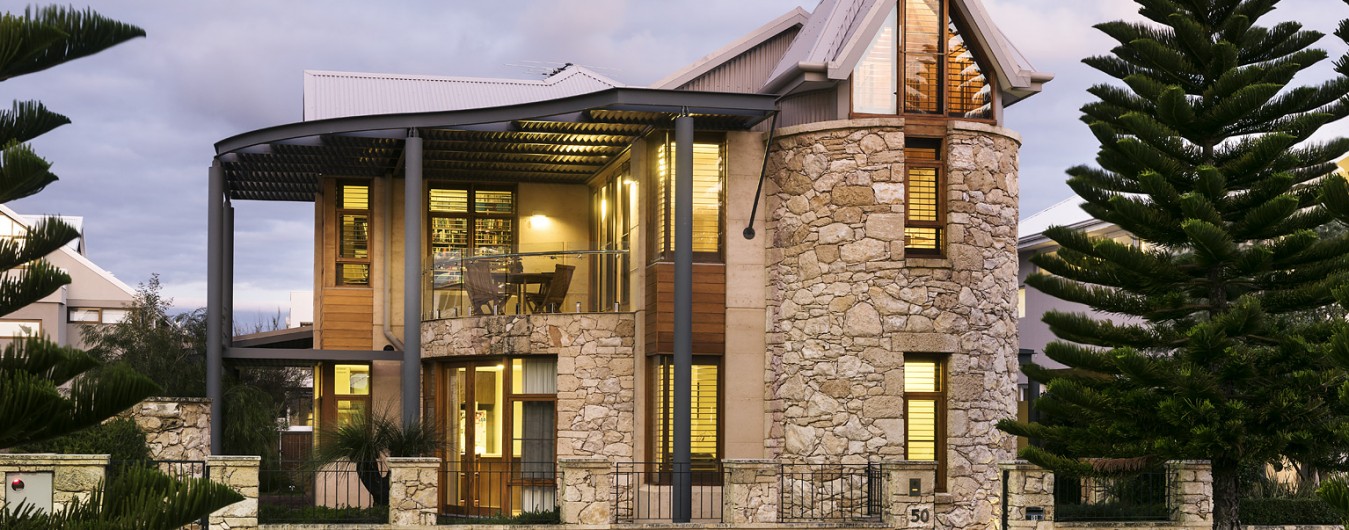20 Per Cent Renewable Energy Target by 2020 is Realistic Says Australia’s Solar Expert
7 November 2007
Jacinta Goerke
Journalist
LABOR’S pledge for a 20 per cent contribution in renewable energy by 2020 is realistic says one of Australia’s leading solar experts and Order of Australia recipient Mr Garry Baverstock AM.
Mr Baverstock, who was a key speaker at the recent Solar World Congress in China, says, if anything, Labor’s vow is considered ‘conservative’ by world standards.
“I was one of 20 Australian solar scientists and technologists at the congress in Beijing and we were amazed at how quickly countries were moving toward implementing renewable energy technologies.
“China has already installed more than 100 million square metres of solar water heaters and this is enough to provide hot water to over 100 million people.
“Interestingly, the original designs for these hot water systems came from Australians and, while the inventors have been acknowledged, Australia will not benefit from this excellent work,” says Mr Baverstock.
Mr Baverstock says another congress surprise was when Spain recognised that its 80 per cent dependence on imported energy could be economically catastrophic, yet it could meet its 2050 electricity needs if it switched to using a combination of current solar and wind technology and conservation methods.
Mr Baverstock says the results presented at the congress were so startling that he is distributing key findings to all election candidates as his own initiative. Media professionals may contact Mr Baverstock directly for a copy of the findings and recommendations for Australia.
He says many countries are on track to meeting their renewable energy targets of 20 per cent by 2020; 30 per cent by 2030; and 50 to 100 per cent by 2050.
“It is clear that up-to-date information needs to be presented to the Australian public. The message is that sustainable energy systems are already a reality – not a distant dream.”
Mr Baverstock says the sad news is that while Australians are significant contributors to the science and technology underpinning much solar equipment manufactured in the world – Australia, as a country, was clearly lagging far behind in applying these technologies.
There were no Australian government or other political party representatives at the congress.









